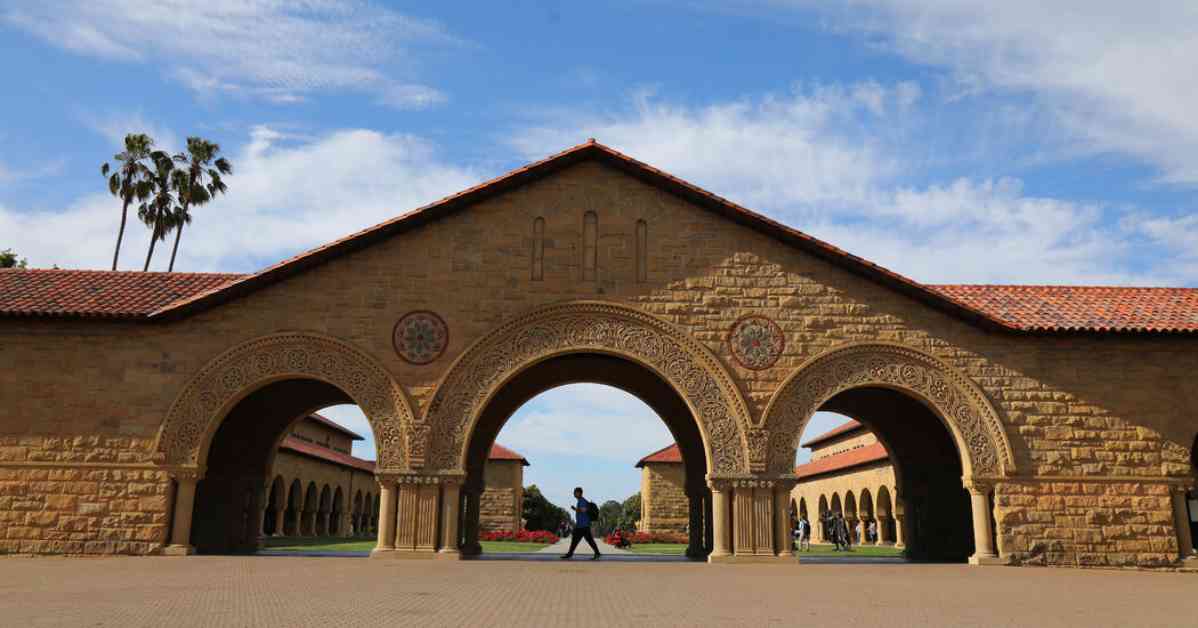At Stanford, two recent reports shed light on the deep divide between Jews and Muslims on campus, highlighting the prevalence of bias and discrimination. The reports, one focusing on antisemitism and the other on anti-Muslim bias, revealed troubling instances of threats and intimidation that have created a hostile environment for students.
The report on antisemitism detailed numerous incidents of discrimination, ranging from overt threats to more subtle forms of bias. It highlighted the challenges faced by Jewish students and faculty members, who reported feeling marginalized and unsafe on campus. The report also pointed to the need for greater awareness and education to address the issue of antisemitism at Stanford.
On the other hand, the report on anti-Muslim bias highlighted the struggles faced by Muslim students and faculty members, who reported feeling targeted and discriminated against. The report raised concerns about the stifling of free speech among pro-Palestinian groups on campus, indicating a lack of tolerance and understanding towards diverse perspectives.
These reports come at a time when universities across the country are grappling with the aftermath of protests and demonstrations related to the Israeli-Palestinian conflict. The challenges of balancing free speech with campus safety have become increasingly complex, as students engage in passionate debates and activism on campus.
At Stanford, recent protests led to the arrest of several pro-Palestinian demonstrators, highlighting the tensions and divisions within the campus community. The reports underscore the urgent need for dialogue and reconciliation between different groups, as well as the importance of creating a more inclusive and supportive environment for all students.
Moving forward, it is essential for universities like Stanford to take proactive measures to address bias and discrimination on campus. This includes implementing diversity and inclusion training, promoting interfaith dialogue, and creating safe spaces for students to engage in constructive conversations.
By confronting the issues raised in these reports head-on, Stanford can work towards fostering a more tolerant and respectful campus community where all students feel valued and respected. It is only through open communication and mutual understanding that the divide between Jews and Muslims at Stanford can be bridged, paving the way for a more harmonious and inclusive campus environment.





















